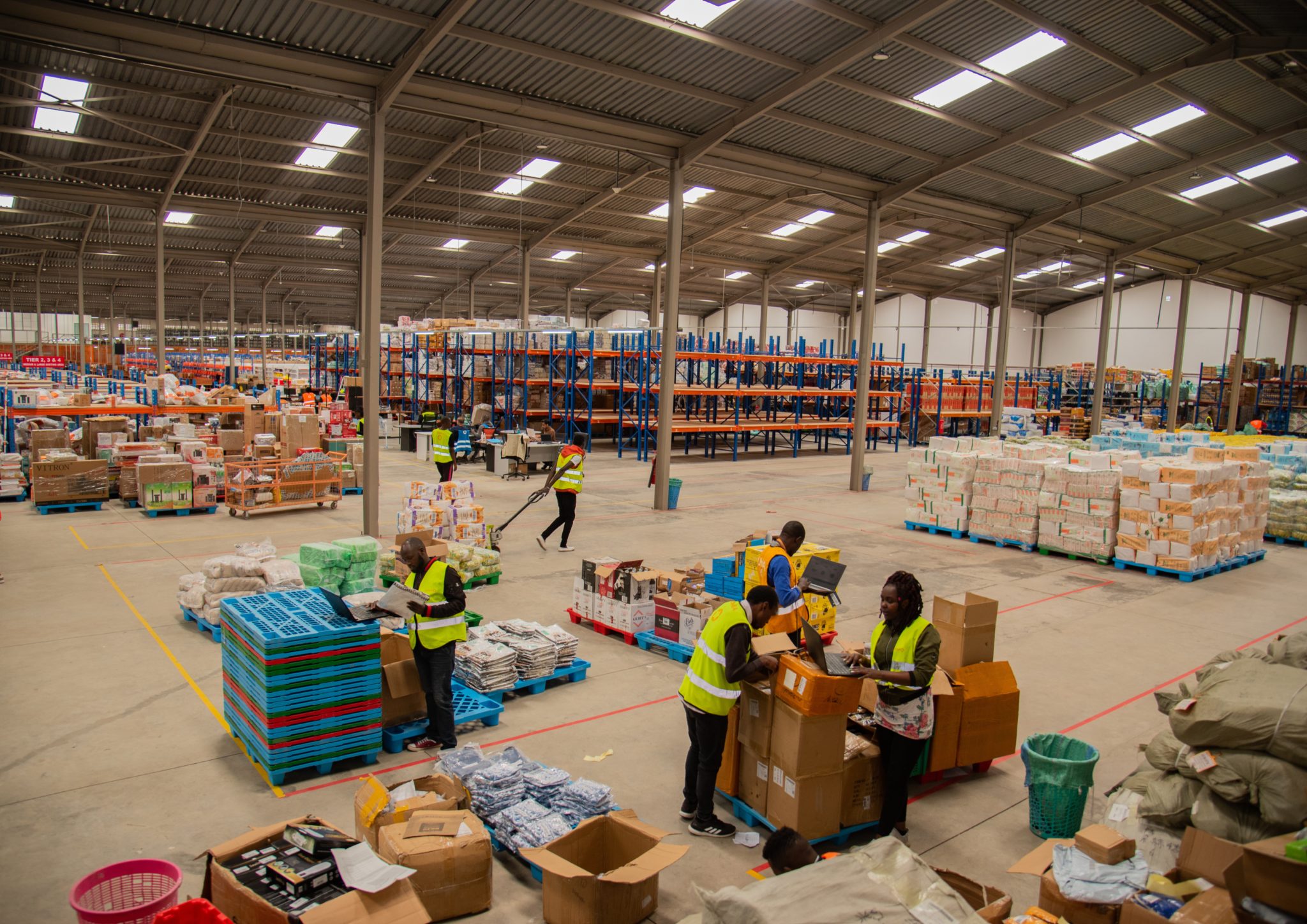E-commerce giant Jumia inches closer to profitability with narrowing losses and growing revenue in the third quarter of 2025. The gains come as the company deepened its use of artificial intelligence to streamline operations and cut operational costs.
Revenue rose 25.28% to $45.6 million in Q3, 2025, from $36.4 million a year earlier, according to its recent financial statements. For the first nine months of the year, revenue increased marginally by 4.68% to $127.5 million. Operating loss fell 13.43% to $17.4 million, while loss before income tax declined slightly $17.7 million.
Jumia has reduced its workforce by 7% since December 31, 2024, with just over 2,010 employees on payroll as of September 30, 2025. The company said the cuts were part of a broad cost-optimisation strategy enabled by AI-driven automation.
“We are leveraging AI across key functions to enhance productivity and reduce operating expenses,” Jumia said. “AI-driven workflows in customer service, marketing, and technology operations are improving efficiency, streamlining processes, and supporting a leaner cost structure. These initiatives are contributing to ongoing reductions in total operating expenses and improved scalability.”
The company’s general and administrative expenses decreased by 7% to $17.6 million in Q3 2025, with further reductions expected as it continues to ramp up operational efficiency initiatives over subsequent quarters. Technology and content expense are down 10% to $8.7 million, driven by ongoing headcount optimisation and savings from recently renegotiated contracts.
Beyond AI, Jumia is driving other efficiency measures to further trim costs. The company is lowering fulfillment unit costs by boosting warehouse productivity and automating parts of customer support.
Aside from cost optimisation efforts, higher-order volumes and an uptick in active customers drove Jumia’s growth in Q3. Total orders rose 34% year-over-year, Gross merchandise volume (GMV) climbed 26%, while active customers ordering physical goods grew 23%.
The company noted that its momentum in Nigeria has continued, with orders up 30% and GMV up 43%.
CEO Francis Dufay described the quarter as a period of “significant acceleration in customer demand and order growth,” adding that Jumia has reached an inflection point due to its value proposition and operational discipline.
“We continue to strengthen our cost structure and sharpen operational discipline, reinforcing our path toward profitability,” he said. “Our focus remains on execution and customer engagement as we build a more efficient business. We believe that we are on track to reach breakeven on a Loss before Income tax basis in Q4 2026 and achieve full-year profitability in 2027, positioning Jumia for long-term growth and value creation.”
The long-term success of Jumia’s AI strategy remains to be seen. Many firms walking the same path have discovered that while AI may boost efficiency, human workers remain central, especially to customer experience and operational nuance.












